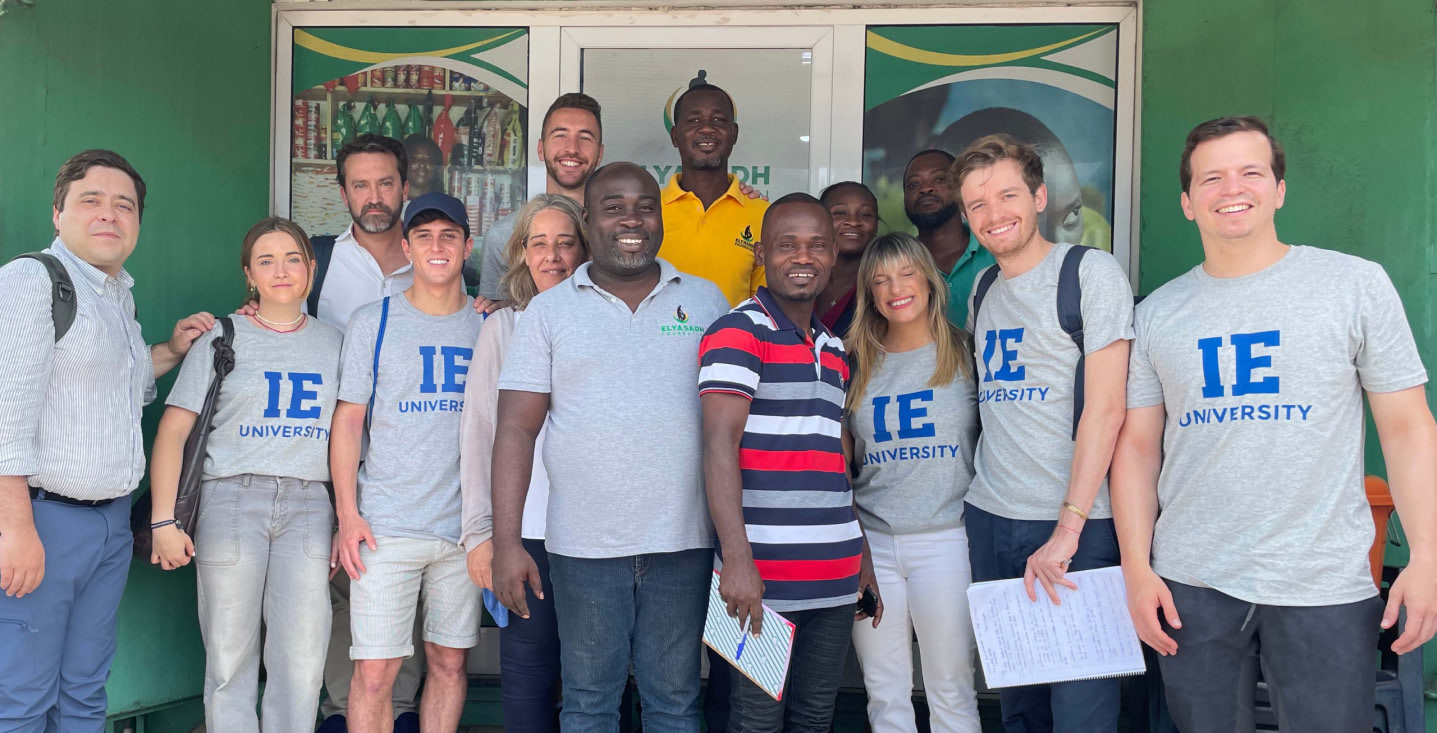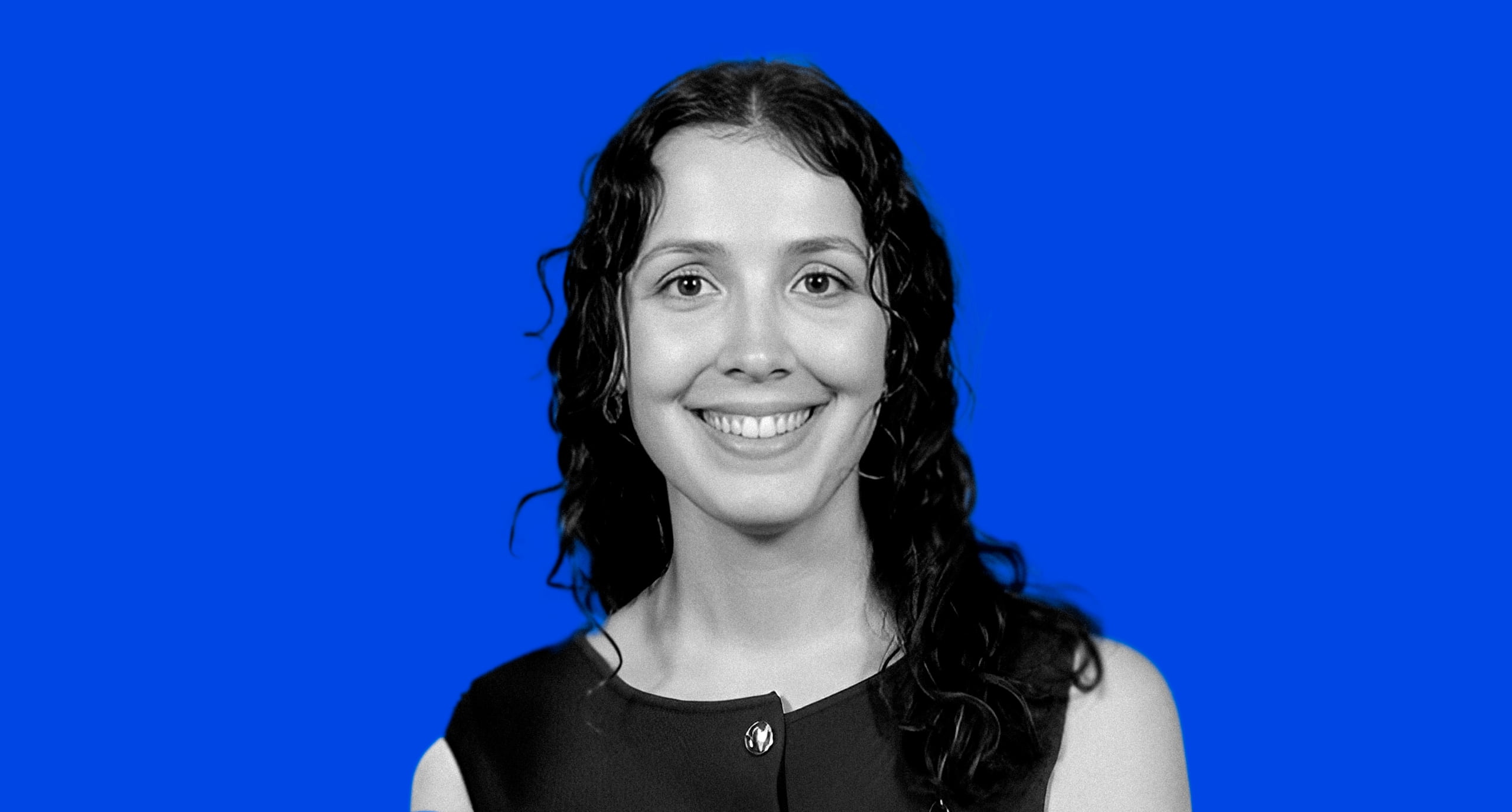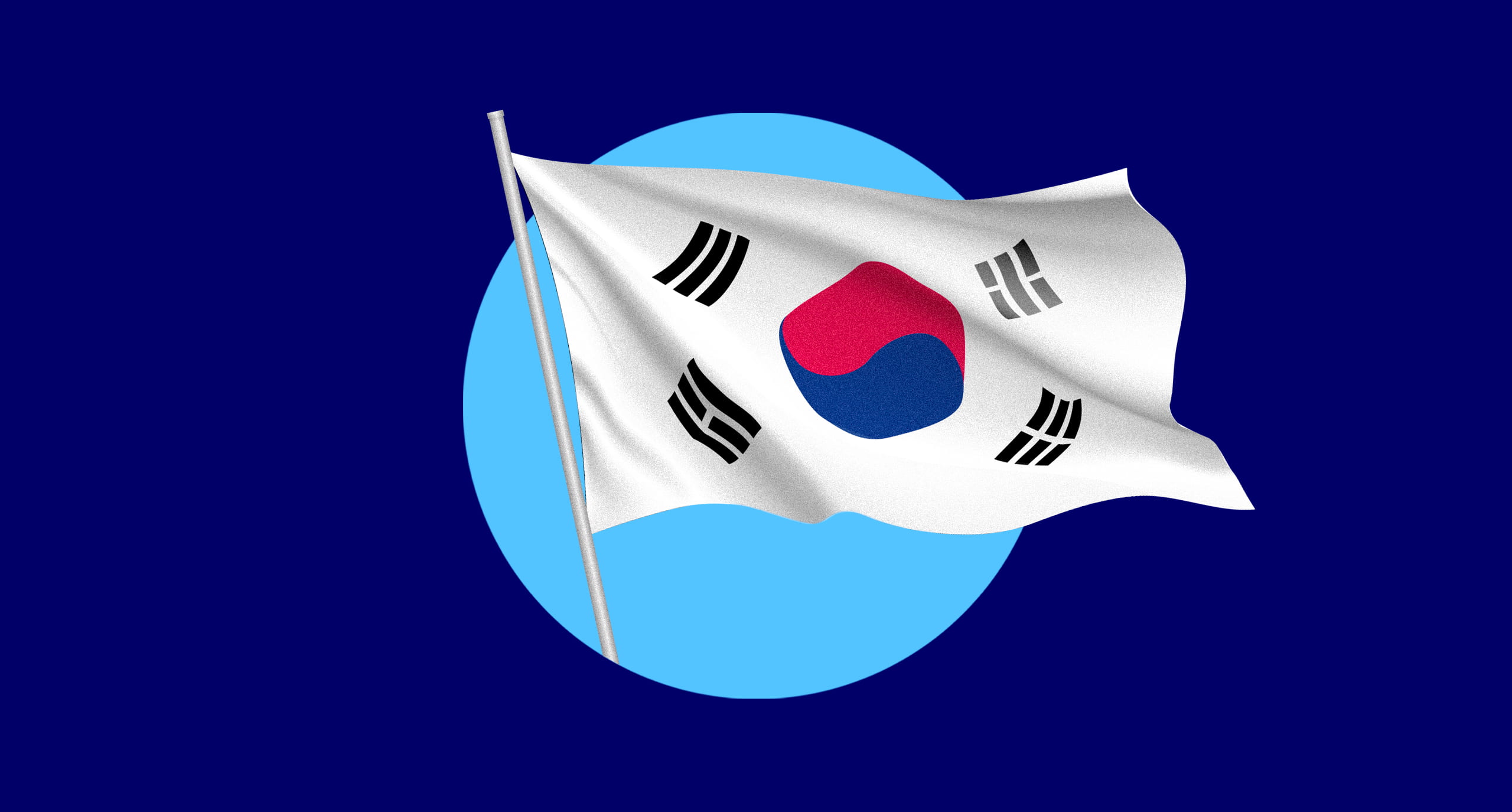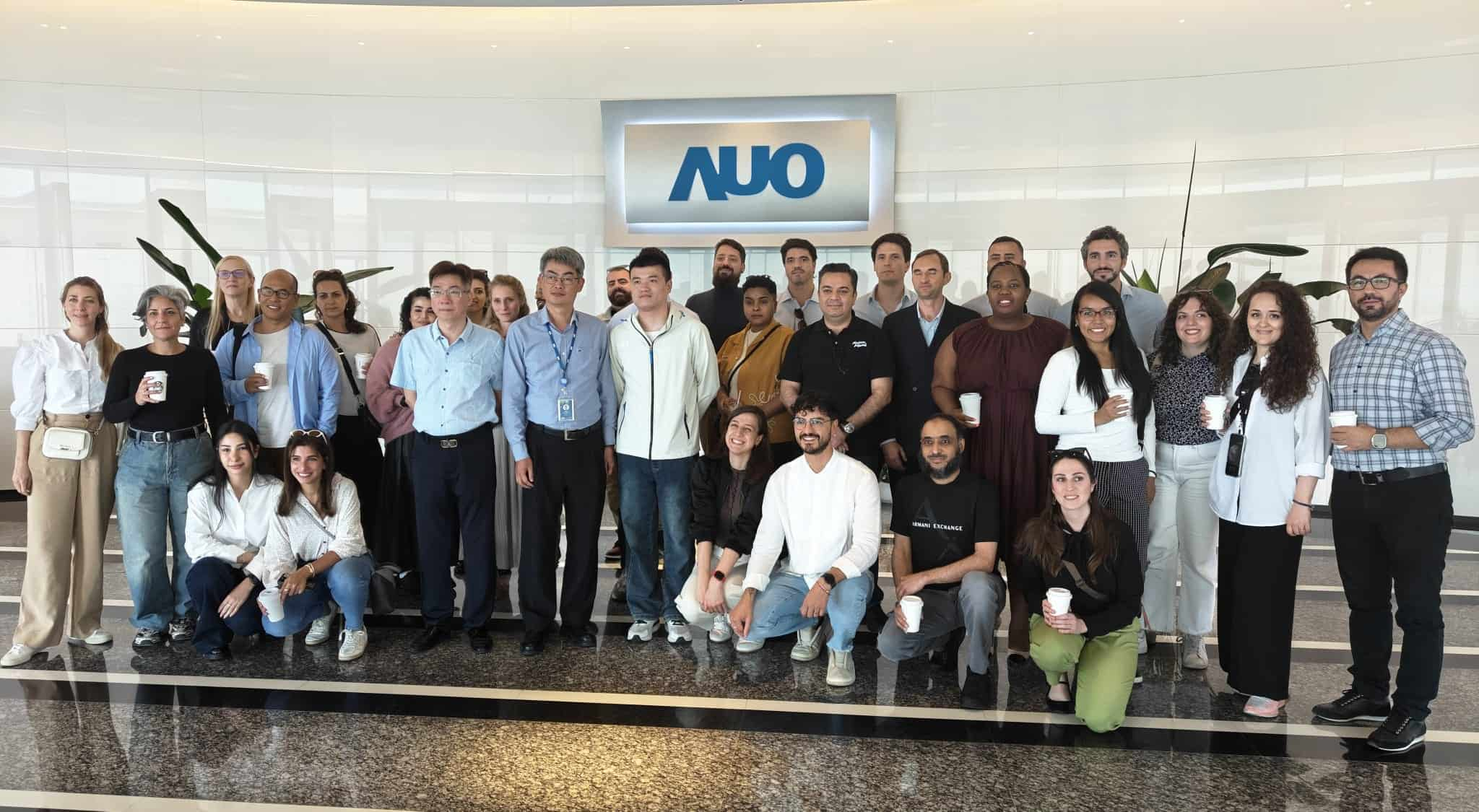07/02/2025
Whether your career path lies with the UN or in private organizations working to foster sustainability, the Master in International Development gives you key skills for finding job opportunities in international affairs.
From the start of his professional relationship with the United Nations as an intern in 1999 to his top role in the learning and development field today, Jesús Guerrero Buitrago knows what skills the UN are looking for. Read on for insights on how to work in the UN and other international development organizations.
Insights on what it’s like to work in the UN
A self-described lifelong learner, Jesús is now the Chief of the Management and Communication Unit at the Centre for Learning and Multilingualism for the United Nations Office at Geneva. If you’re looking for a career in international development, skills that are essential according to Jesús are inspirational leadership, collaboration and great communication.
“Leading in times of uncertainty has become the new normal,” said Jesús in an interview earlier this year. “I believe that real leadership is about supporting and inspiring people so that they can become their own leaders in anything they are responsible for. Leadership is a state of mind, an attitude, a mindset. You can influence and persuade others when you are connected to your own values and emotions, and you can develop your charisma using different tools and techniques.”
The perfect profile to work in the UN: Skills for success
So, what does it take to work in the UN or other international development organizations? According to Jesús, it has to do with the type of position you apply for. “Depending on the level of experience, if it’s a junior or mid-level candidate, we are going to be more focused on technical skills. If it’s more related to senior positions, we are going to be focused on leadership, decision making and soft skills.”
Jesús also mentions that the UN is interested in attracting women leaders. In fact, job opportunities for women in international affairs are on the rise. In 2015, the UN created the 2030 Agenda. This committed to 17 sustainable development goals that make up “a blueprint to achieve a better and more sustainable future for all people and the world.”
That same year, the United Nations System Staff College (UNSCC) was founded—an organization dedicated to training the individuals who will form part of the organizations that will bring about that change. An integral part of the UNSCC’s mission is “to increase technical and substantive knowledge spanning the three pillars of the UN’s work: peace and security, human rights, and development,” enabling the UN system and its partners to address the challenges posed by the 2030 SDGs.
Boosting your employability: International skills development
IE School of Politics, Economics and Global Affair’s Master in International Development is unique among master’s programs. This is because it was designed in direct partnership with the UNSCC. Whether you want to work in the UN or another international affairs organization, this collaborative program sets you up with all the tools you need to land a job in international development.
The study plan is truly unlike any other. We’ve designed it for recent graduates and for young professionals who want to go deeper in the field. Ultimately, it equips ambitious individuals looking to make a change in the world. The curriculum encompasses the 5 P’s defined by the UN’s 2030 Agenda for Sustainable Development. These are People, Planet, Prosperity, Peace and Partnership.
Students graduate with the skills and expertise they need to generate a positive global impact.
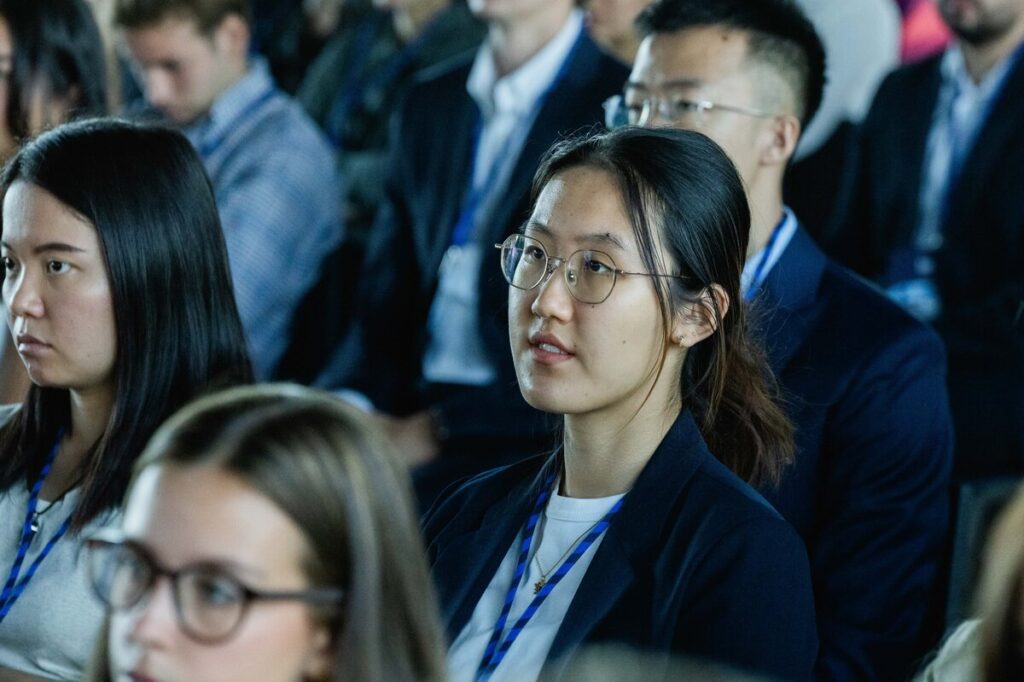
Master in International Development students will spend an Immersion Week in a UN field operation, come into extensive contact with UN professionals, benefit from career and internship support to connect them with job opportunities, and receive a UN award of accomplishment upon program completion. For their final project, students choose between an individual, research-oriented thesis or a practical team-based Capstone Consulting Project.
Study the Master in International Development
The IE-UNSCC Master in International Development is a prestigious program that truly stands out. This is due to its hands-on nature and the wealth of networking possibilities it provides. Students emerge fully prepared to launch or continue on an international development career in international organizations, private or public sectors.
If you are looking to open doorways that span multiple sectors, the possibility also exists to combine the Master in International Development with other IE University degrees, such as the International MBA or the Master in Management.
Contact a program specialist to see how the Master in International Development fits with a career in international affairs.
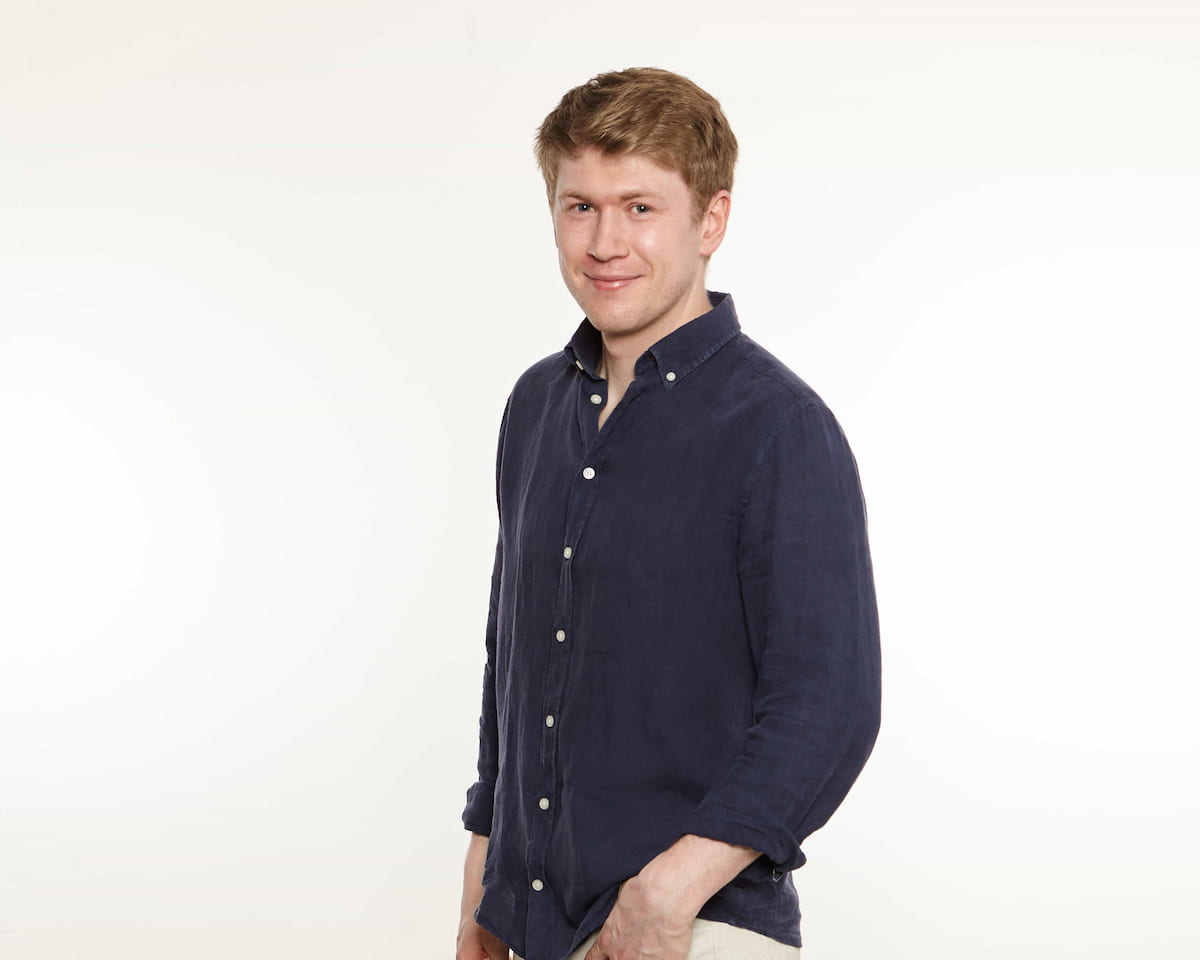
Benjamin is the editor of Uncover IE. His writing is featured in the LAMDA Verse and Prose Anthology Vol. 19, The Primer and Moonflake Press. Benjamin provided translation for “FalseStuff: La Muerte de las Musas”, winner of Best Theatre Show at the Max Awards 2024.
Benjamin was shortlisted for the Bristol Old Vic Open Sessions 2016 and the Alpine Fellowship Writing Prize 2023.



